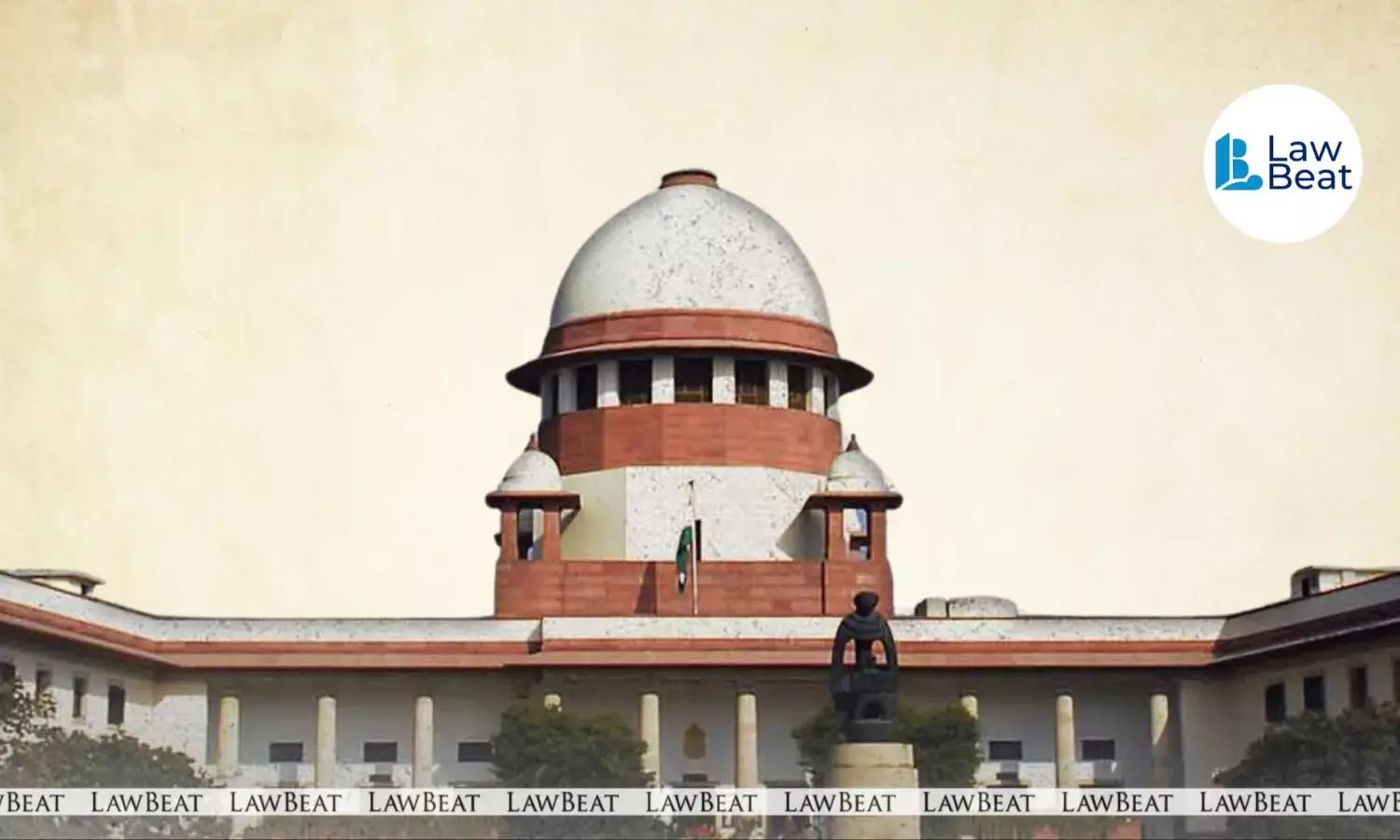Supreme Court: Proprietorship Is Not a Juristic Person, Can Be Sued but Cannot Sue

The Supreme Court has clarified that a proprietorship concern is only a trade name of an individual carrying on business and cannot be treated as a separate juristic person in law. Emphasising that such a business name has no independent legal identity apart from its proprietor, the Court held that while a proprietorship cannot itself sue, it can be sued under the provisions of the Code of Civil Procedure, 1908. The judgment was delivered on August 26, 2025, by a Bench of Justices Vikram Nath and Sandeep Mehta in Dogiparthi Venkata Satish and Another v. Pilla Durga Prasad and Others.
The Bench was dealing with an appeal arising out of a dispute over leased premises. The appellants had leased their property to Aditya Motors, a sole proprietorship owned by Pilla Durga Prasad, under a registered lease deed executed on April 13, 2005. After the expiry of the lease, the lessee failed to vacate, prompting the appellants to file a suit for eviction. During the course of proceedings, the plaint was amended to substitute Pilla Durga Prasad in place of Aditya Motors. This amendment was allowed and attained finality. Subsequently, however, the defendant moved an application under Order VII Rule 11 CPC, seeking rejection of the plaint on the ground that the cause of action was against Aditya Motors and not against Pilla Durga Prasad personally.
The trial court rejected this application. On revision, the High Court took a contrary view, holding that the proprietorship itself ought to have been made a party and allowed the revision petition, thereby rejecting the plaint. Aggrieved, the appellants approached the Supreme Court.
Before the Supreme Court, the central question was whether a proprietorship concern, which is not recognised as a separate legal entity like a company or a partnership firm, can sue or be sued in its own name, and whether impleading the proprietor alone would suffice in law.
The Court reproduced the text of Order XXX Rule 10 CPC, which provides that any person carrying on business in a name or style other than his own name, or a Hindu undivided family carrying on business under any name, may be sued in such name or style as if it were a firm name. All the rules under Order XXX are to apply, so far as the nature of the case permits. Relying on the plain wording of the provision, the Bench explained that the use of the word “can” indicates that a proprietorship concern may be made a party to proceedings. However, this does not mean that impleading the proprietor alone would not be sufficient. The Court observed that since the proprietorship concern has no existence independent of its proprietor, any litigation has to be defended or pursued by the proprietor alone. Once the proprietor has been impleaded, no prejudice is caused, as the concern’s interests are fully protected by the person who owns and runs it.
The Court described the High Court’s approach in rejecting the plaint as a “completely hyper technical view” that was unsupported by the scheme of the CPC. It held that no prejudice was caused in the case before it, as the lease deed was signed solely by the proprietor on behalf of Aditya Motors, and there was no involvement of any third party whose rights could have been affected. The Court stressed that once the proprietor was brought on record, nothing further remained to be done.
In support of its reasoning, the Supreme Court referred to earlier precedents. It cited Ashok Transport Agency v. Awadhesh Kumar (1998), where it was held that a proprietary concern is only the business name under which the proprietor carries on his business. A suit by or against a proprietary concern is, in law, by or against the proprietor. Similarly, in Shankar Finance and Investments v. State of Andhra Pradesh (2008), the Court recognised that while proceedings may be initiated in the trade name or through an authorised agent, the proprietor remains the real party in interest. These authorities reaffirm the principle that a sole proprietorship has no separate legal status apart from its owner.
Applying these principles to the facts, the Supreme Court concluded that the High Court had erred in setting aside the trial court’s order. It allowed the appeal, restored the trial court’s decision, and directed that the suit proceed in accordance with law on its merits.
Through this ruling, the Supreme Court has once again underlined the distinction between proprietorships and other recognised business entities. Unlike companies, which are incorporated and acquire a legal personality distinct from their shareholders, or partnerships, which are treated as firms with rights and liabilities of their own, a proprietorship remains nothing more than the alter ego of its proprietor. The judgment removes any ambiguity by clarifying that impleading the proprietor is legally sufficient, as the concern cannot act independently of him.
The ruling provides significant clarity for civil proceedings involving small businesses and sole proprietors, ensuring that procedural technicalities do not obstruct substantive justice. By holding that proprietorships can be sued in their trade name under Order XXX Rule 10 but cannot sue independently, and that impleading the proprietor suffices, the Court has reaffirmed the settled understanding of proprietorship concerns within Indian civil law.
Case Title: Dogiparthi Venkata Satish and Anr. v. Pilla Durga Prasad & Ors.
Date of Judgment: August 26, 2025
Bench: Justices Vikram Nath and Sandeep Mehta
